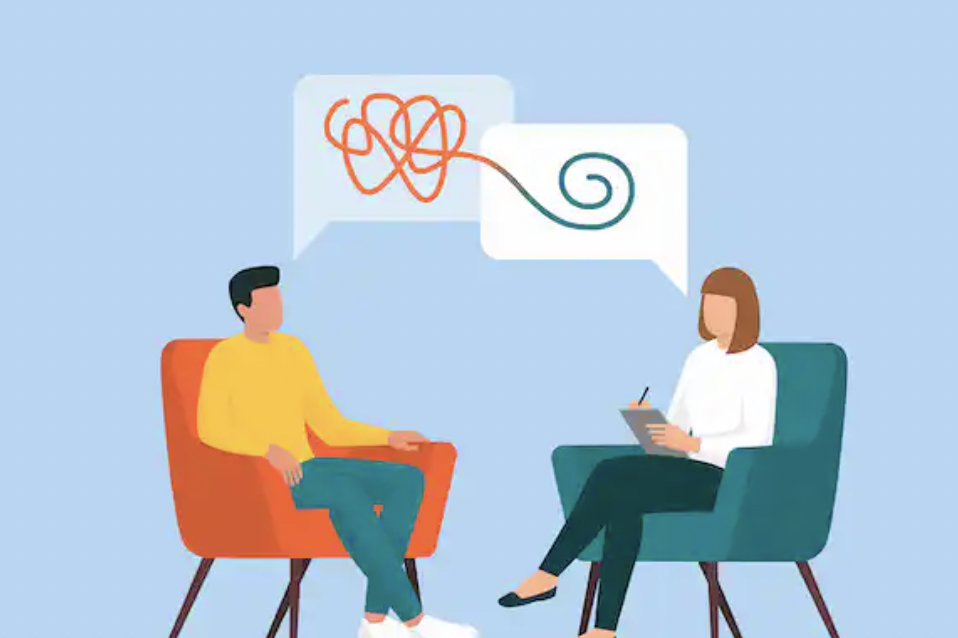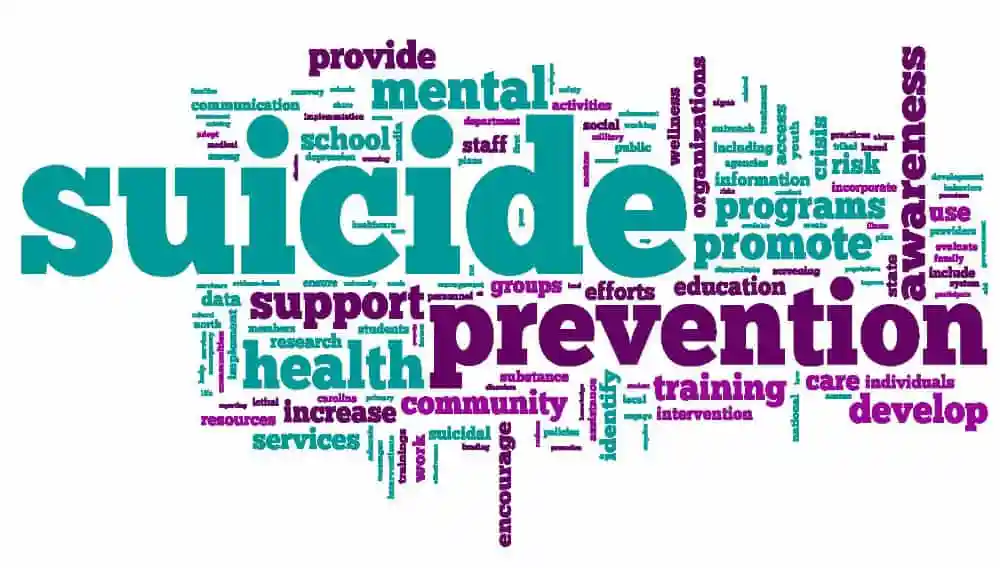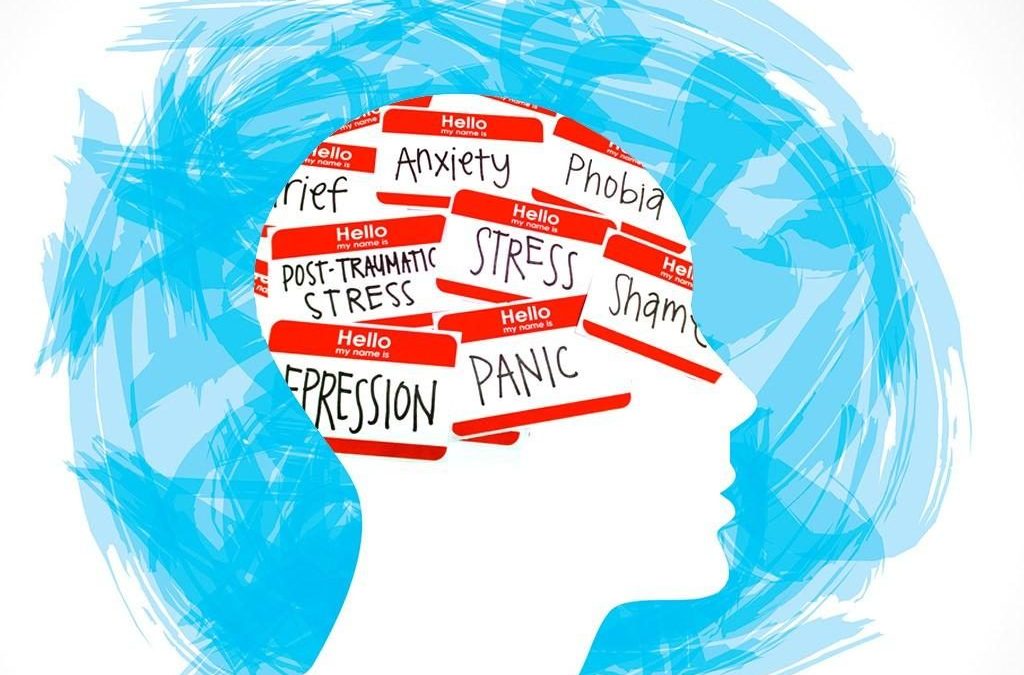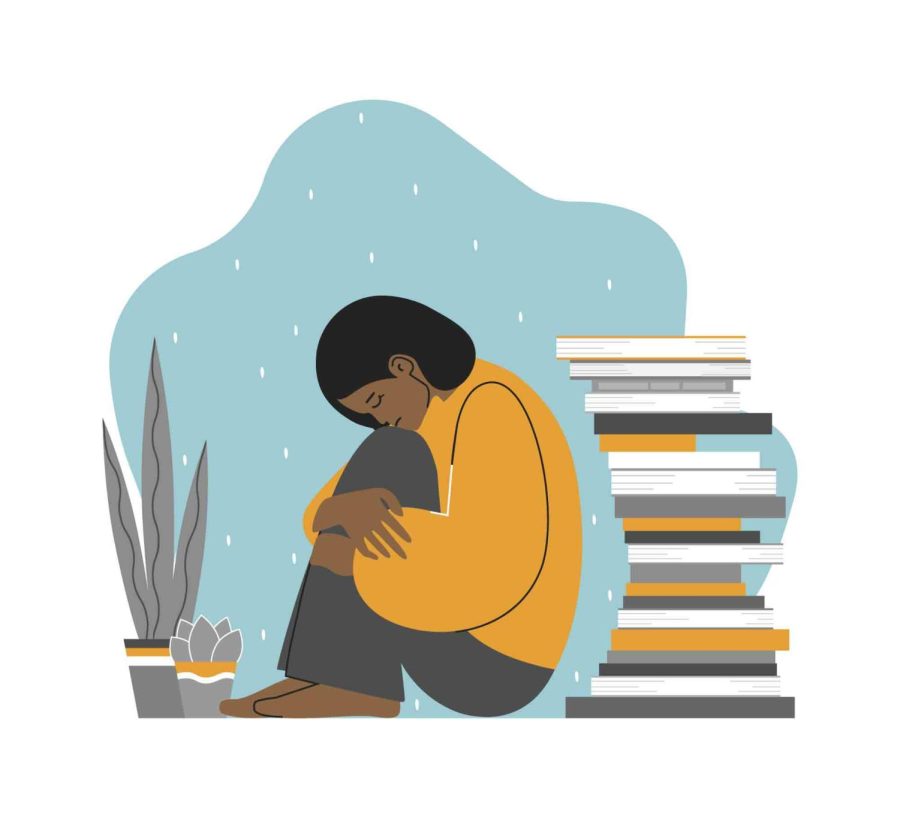Whether you go through traumatic experiences or everyday life emotional stressors, you can benefit from and probably need a therapist. If you go through a traumatic experience when you are younger, it can affect your brain growth. That means that your brain hasn’t been able to develop and process like an average person. Some people don’t think they need therapy to deal with their trauma, certain behaviors, past trauma, or just everyday life events. People need therapy or some kind of counseling to work their way through trauma.
Some people don’t want therapy to deal with their trauma but that doesn’t mean that they don’t need some kind of therapeutic process to get over their trauma. Some people participate in therapeutic events daily without even knowing it. Involuntary Coping Mechanisms, written by George E. Vaillant, provided that, “ The second coping category involves voluntary strategies like information gathering, anticipating danger, and rehearsing responses to danger.” This shows that people do try to work through their trauma on their own but it can be hard. It can also lead to involuntary acts or serious medical conditions because the mind has not given the body any other way to cope. That’s where a therapist would come into play to help find unique coping mechanisms just for you. Instead of looking them up on Instagram, they could help you find ways to release all the pent up stress and help you balance your anxiety and depression. Another coping category, said by George himself in Involuntary Coping Mechanisms, would be, “The third coping category, like fever or leukocytosis, is involuntary. It entails deploying unconscious homeostatic mechanisms that reduce the disorganizing effects of sudden stress.” Homeostatic mechanisms are the tendency of biological systems to maintain relatively constant conditions in the internal environment while continuously interacting with and adjusting to changes originating within or outside the system. So when your body deploys the homeostatic mechanisms that means that it is trying to keep a safe space the same without change while around you major changes are being made. A therapist can help you with that and they can help you find that safe spot and preserve it. They can also help how to deal and cope with those major changes going on in your life. Otherwise, your brain might develop unsafe and unhealthy coping mechanisms.
People with certain traumas that run deep can, later on, develop abusive behavior without learning how to cope properly. From cdc.gov in an article discussing Adverse Childhood Experiences, it states, “Toxic stress from ACEs can change brain development and affect how the body responds to stress. ACEs are linked to chronic health problems, mental illness, and substance misuse in adulthood.” If you experience a traumatic event without working through it your brain will rewire itself around that experience for your body to react differently to stressful situations. “ Exposure to chronic, prolonged traumatic experiences has the potential to alter children’s brains, which may cause longer-term effects in areas such as: Behavioral Control: Difficulty controlling impulses, oppositional behavior, aggression, disrupted sleep and eating patterns, trauma re-enactment” As provided by the cdc.gov report on Adverse Childhood Experiences, when your brain goes through a traumatic event it can alter the way your brain works. Your brain controls EVERYTHING. From how you process your thoughts, to what you think, what you see, what you feel, and most importantly how you react to certain situations. Sometimes people who experience something that brings up actions or words repeated in past trauma they blackout. This means while they are blacking out they are unable to process what they think, feel, see, and do. It is not an excuse for people to be abusive but sometimes this is proof that therapy after trauma might be better for you and others around you.
People sometimes need help with traumatic experiences through therapy and counseling sessions even if it’s just regular life “hardships”. From Odelya Gertal Kraybill (P.h.D) says through Psychology Today, “Therapy can provide a safe, supportive place for people to talk to about grief, adjustment to physical illness, the end of a relationship, job, abuse issues, or any change in life circumstances that cause distress.” This shows that therapists can help other people learn how to handle change even through their traumatic experiences. They can help someone change their brain’s thinking and be there for them through events that can be mentally and physically hard. A therapist is there through everything with you. Another piece from Psychology Today provides that, “Therapists help clients learn coping skills, which in turn makes these hardships easier and results in more overall happiness.” When someone is struggling with trauma or things that they think is keeping them from living a healthy and happy life it’s not good. With a therapist there to help and guide you to balancing out your emotional scale then they can help live a happier and healthier life. They can help you develop the mindset for the life that you want to live despite your trauma and everyday stress.
A therapist is there for you no matter what you’re going through. People go through trauma and hardships all the time. Everyone needs a therapist to help them communicate better with the world, get over their everyday stress and find happiness. They also help with growing and reforming your brain to better your coping mechanisms from past traumas and bad behavioral issues today. Therapists are there to make people realize that they need help with trauma that they didn’t even know was there. They help people realize what they’re going through is real and no matter how scary it seems they survived and they’re going to be okay. If you get a therapist they can help you mentally process your life and decisions better built for the life you want to live.




